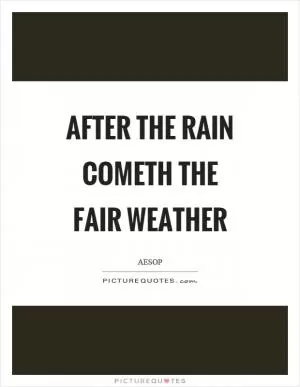Expect no reward when you serve the wicked, and be thankful if you escape injury for your pain

Expect no reward when you serve the wicked, and be thankful if you escape injury for your pain
In the world of Aesop's fables, the idea of serving the wicked without expecting any reward is a common theme. Aesop, a Greek storyteller believed to have lived in the 6th century BC, often used animals as characters to convey moral lessons. One of his most famous fables, "The Farmer and the Viper," illustrates this concept perfectly.In this fable, a farmer finds a viper freezing in the snow and takes pity on it, bringing it home to warm it by the fire. However, as soon as the viper is revived, it bites the farmer, causing his death. As the farmer lay dying, he realizes the mistake he made in showing kindness to a creature that was inherently wicked.
This fable serves as a cautionary tale about the dangers of serving those who are ungrateful or malicious. Aesop's moral is clear: expect no reward when you serve the wicked, and be thankful if you escape injury for your pain. The farmer's act of kindness was ultimately repaid with betrayal and harm, highlighting the futility of expecting gratitude from those who are inherently selfish or deceitful.












 Friendship Quotes
Friendship Quotes Love Quotes
Love Quotes Life Quotes
Life Quotes Funny Quotes
Funny Quotes Motivational Quotes
Motivational Quotes Inspirational Quotes
Inspirational Quotes